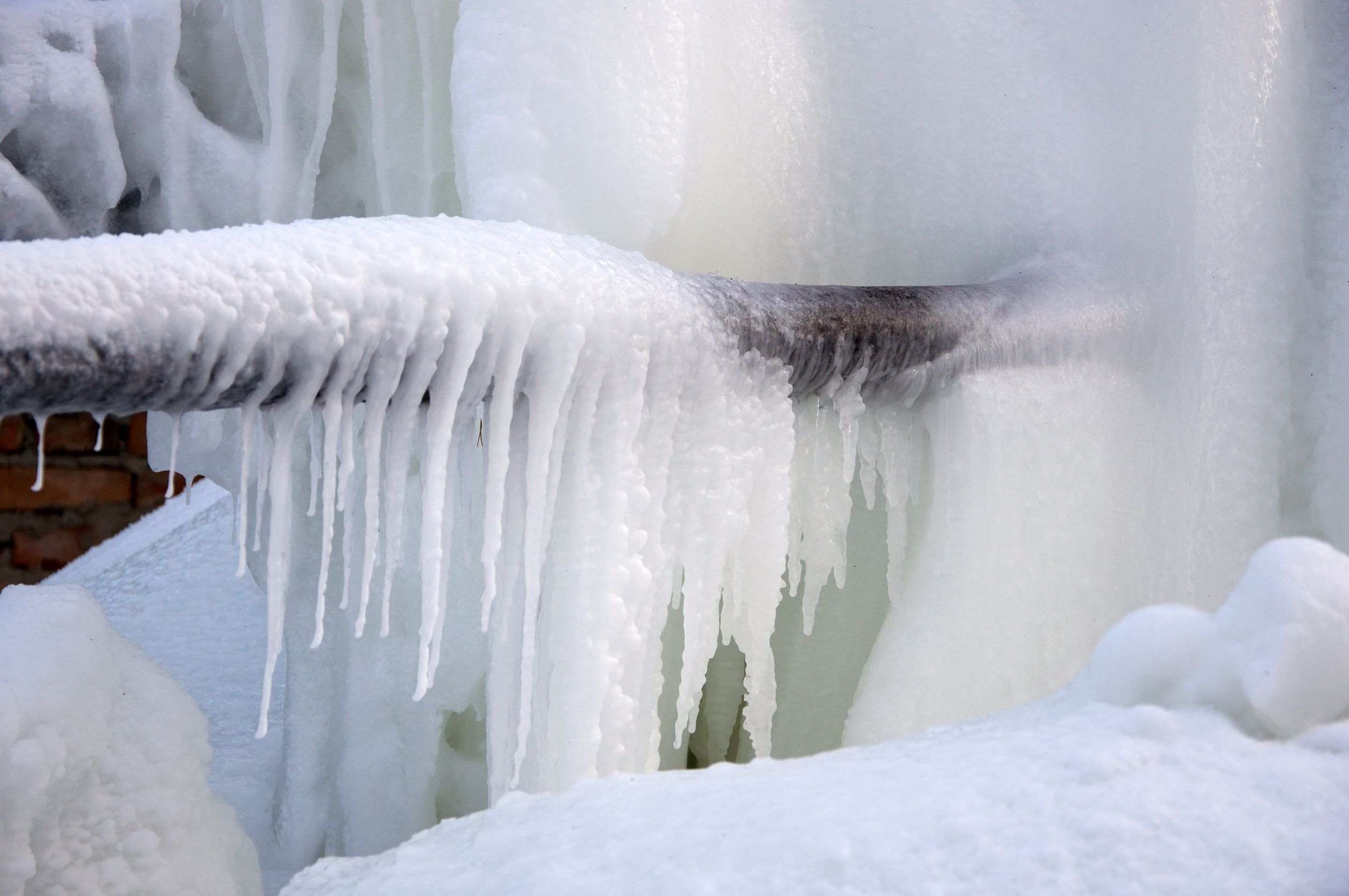Were you looking for know-how involving Winter Plumbing Precautions: Preventing Frozen Pipes?

Winter can damage your plumbing, particularly by freezing pipes. Here's how to stop it from taking place and what to do if it does.
Intro
As temperatures decline, the threat of frozen pipelines boosts, possibly causing pricey fixings and water damage. Recognizing just how to avoid icy pipelines is vital for house owners in cool climates.
Avoidance Tips
Shielding susceptible pipelines
Wrap pipes in insulation sleeves or use warmth tape to shield them from freezing temperature levels. Focus on pipes in unheated or exterior locations of the home.
Home heating methods
Maintain indoor areas appropriately heated up, particularly areas with plumbing. Open closet doors to permit cozy air to flow around pipes under sinks.
Exactly how to determine frozen pipes
Try to find lowered water circulation from taps, uncommon odors or noises from pipelines, and noticeable frost on revealed pipelines.
Long-Term Solutions
Structural adjustments
Think about rerouting pipelines away from outside wall surfaces or unheated areas. Add additional insulation to attics, cellars, and crawl spaces.
Upgrading insulation
Buy high-quality insulation for pipes, attic rooms, and wall surfaces. Correct insulation assists preserve constant temperatures and decreases the risk of icy pipelines.
Protecting Exterior Pipes
Garden hoses and outside taps
Disconnect and drain garden hoses prior to wintertime. Install frost-proof spigots or cover exterior taps with insulated caps.
Comprehending Frozen Pipelines
What causes pipes to ice up?
Pipelines ice up when subjected to temperatures listed below 32 ° F (0 ° C) for extended periods. As water inside the pipes freezes, it broadens, taxing the pipe wall surfaces and possibly causing them to burst.
Risks and problems
Frozen pipes can bring about supply of water interruptions, residential property damage, and costly fixings. Burst pipes can flood homes and create substantial structural damage.
Indicators of Frozen Pipeline
Recognizing icy pipelines early can stop them from rupturing.
What to Do If Your Pipes Freeze
Immediate activities to take
If you think frozen pipelines, maintain faucets available to ease stress as the ice thaws. Utilize a hairdryer or towels taken in warm water to thaw pipelines slowly.
Verdict
Protecting against frozen pipes calls for positive measures and fast feedbacks. By understanding the causes, indications, and preventive measures, property owners can safeguard their plumbing throughout winter.
Helpful Tips to Prevent Frozen Pipes this Winter
UNDERSTANDING THE BASICS: WHY PIPES FREEZE AND WHY IT’S A PROBLEM
Water freezing inside pipes is common during the winter months, but understanding why pipes freeze, and the potential problems it can cause is crucial in preventing such incidents. This section will delve into the basics of why pipes freeze and the associated problems that may arise.
THE SCIENCE BEHIND FROZEN PIPES
When water reaches freezing temperatures, it undergoes a physical transformation and solidifies into ice. This expansion of water as it freezes is the primary reason pipes can burst. As the water inside the pipe freezes, it expands, creating immense pressure on the walls. If the pressure becomes too great, the pipe can crack or rupture, leading to leaks and water damage.
FACTORS THAT CONTRIBUTE TO PIPE FREEZING
- Low Temperatures: Extremely cold weather, especially below freezing, increases the risk of pipes freezing.
- Uninsulated or Poorly Insulated Pipes: Pipes located in unheated areas, such as basements, crawl spaces, or attics, are more prone to freezing. Insufficient insulation or lack of insulation altogether exacerbates the problem.
- Exterior Wall Exposure: Pipes running along exterior walls are susceptible to freezing as they encounter colder temperatures outside.
- Lack of Heating or Temperature Regulation: Inadequate heating or inconsistent temperature control in your home can contribute to frozen pipes.
PROBLEMS CAUSED BY FROZEN PIPES
WHY CERTAIN PIPES ARE MORE PRONE TO FREEZING
- Pipe Bursting: As mentioned earlier, the expansion of water as it freezes can cause pipes to burst, resulting in significant water damage.
- Water Damage: When pipes burst, it can lead to flooding and water damage to your property, including walls, ceilings, flooring, and personal belongings.
- Structural Damage: Prolonged exposure to water from burst pipes can compromise the structural integrity of your home, leading to costly repairs.
- Mold and Mildew Growth: Excess moisture from water damage can create a favorable environment for mold and mildew growth, posing health risks to occupants.
- Disrupted Water Supply: Frozen pipes can also result in a complete or partial loss of water supply until the issue is resolved.
https://busybusy.com/blog/helpful-tips-to-prevent-frozen-pipes-this-winter/
- Location: Pipes located in unheated or poorly insulated areas, such as basements, crawl spaces, attics, or exterior walls, are at higher risk of freezing.
- Exterior Pipes: Outdoor pipes, such as those used for irrigation or exposed plumbing, are particularly vulnerable to freezing as they are directly exposed to the elements.
- Supply Lines: Pipes that carry water from the main water supply into your home, including the main water line, are critical to protect as freezing in these lines can affect your entire plumbing system.
- Underground Pipes: Pipes buried underground, such as those connected to sprinkler systems or outdoor faucets, can be susceptible to freezing if not properly insulated.

As a devoted reader on 6 Ways to Prevent Frozen Pipes, I imagined sharing that short article was worth the trouble. Are you aware of somebody else who is excited about the topic? Please feel free to promote it. Many thanks for going through it.
Visit My Website
Comments on “Protecting Against Frozen Plumbing in Winter: Critical Advice”